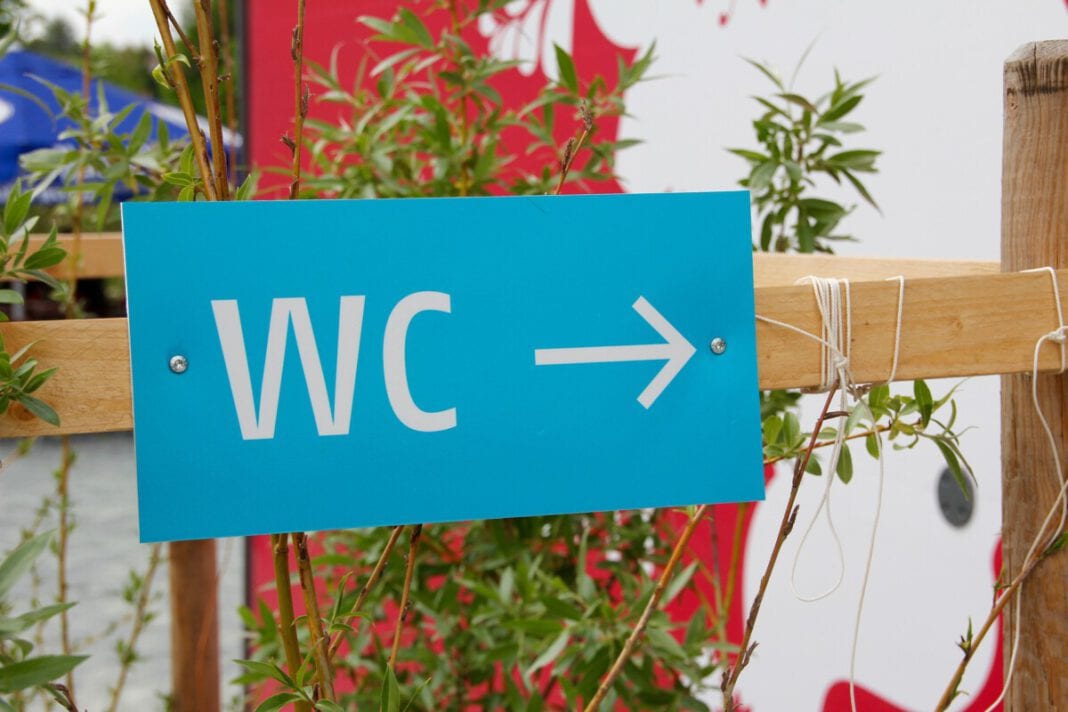The vast majority of Dutch municipalities lack adequate public toilets or policies on them. As a result, half of those with urinary or abdominal issues avoid going out to prevent unpleasant situations.
Today marks National Plasdag (Pee Day), an incentive by the Continence Foundation Netherlands (CSN) and Maag Lever Bowel Foundation (MDLS) to help remove the social stigma around urinary problems. Roughly 3.5 million people in the Netherlands suffer from continence problems. For these people, the lack of public toilets often drastically limits their lifestyles.
Over-active bladders and under-active municipalities
We’ve all been caught out in public with a full bladder, desperately trying to find a loo that will provide some relief. But the apparent deficit of potties and poopers in the Netherlands was put into hard numbers by the MLDS and CSN. These researchers want a public toilet every 500 metres in the busy public areas of every Dutch municipality.
MLDS and CSN interviewed 111 municipalities about their public toilet policies, and the results of the study were disappointing. 53% had no budget planned for improving the amount of public toilets, and 39% did not think this was necessary in the first place. On the plus side, 75% claim they are working on the problem to accommodate those with urinary and abdominal difficulties.
Violation of UN convention
The lack of public toilet policy is in fact a violation of the UN Handicap Convention that the Netherlands signed in 2016, according to CSN. “We are far from reaching our goal of a publicly accessible toilet every 500 meters. We continue to chase municipalities. Making policy is fun, but you can’t go to the toilet with that,” a MLDS spokesperson told RTL Nieuws.
To court for public peeing
This afternoon, the military subdistrict court in Arnhem will rule on the case of Major Marco Kroon, a man fined €140 for urinating in public during the Den Bosch carnival. Kroon argues that he did not have time to reach a toilet because all of the portable public toilets were too busy.
“I did everything I could, but I couldn’t stop it. It was pure force majeure,” Kroon said. His lawyer argues that there are far too few public toilets available, especially during carnival, and that this is unacceptable for those dealing with urinary problems.
Of course, the corona-crisis has only reduced the number of available public toilets as many restaurants no longer let people into theirs.
Have you ever been caught out in need of a public toilet and unable to find one? Share your experiences in the comments below.
Feature Image: Peggy and Marco Lachmann-Anke/Pixabay




Perhaps a suitable solution would be to do like San Francisco, Pee and Poo on the sidewalks.